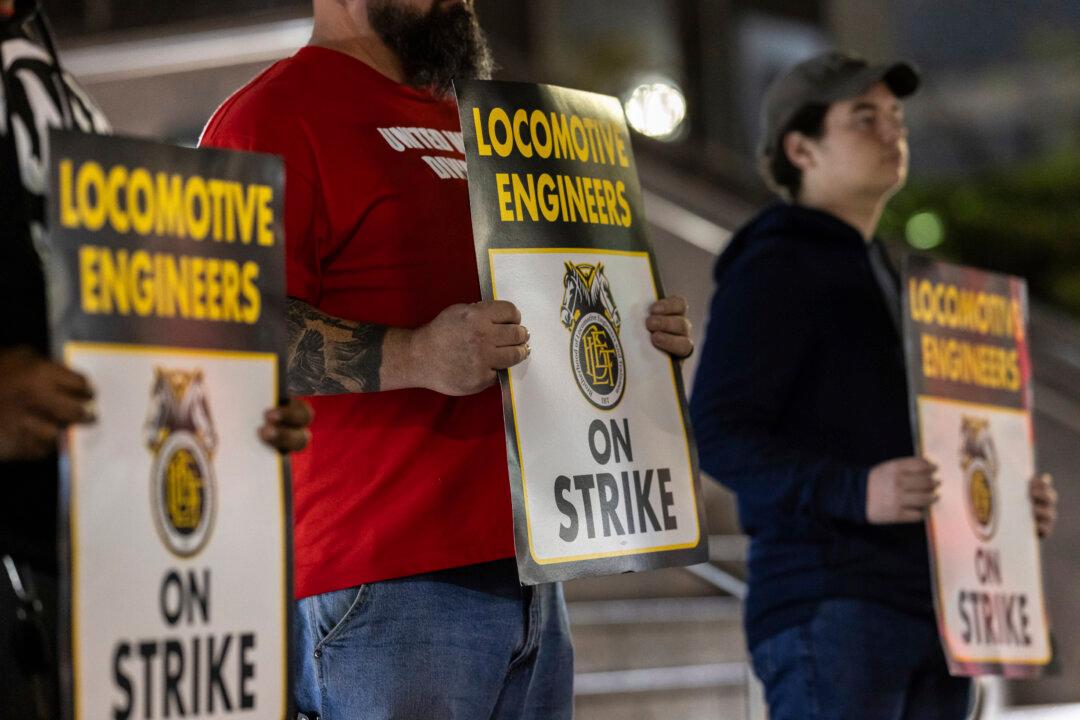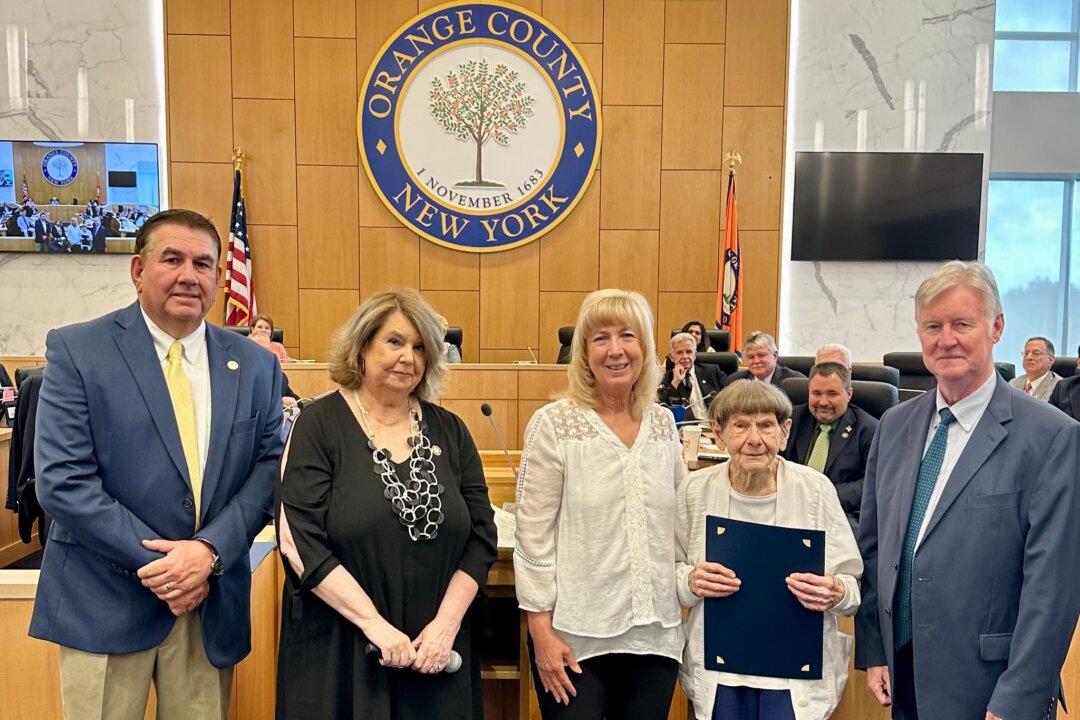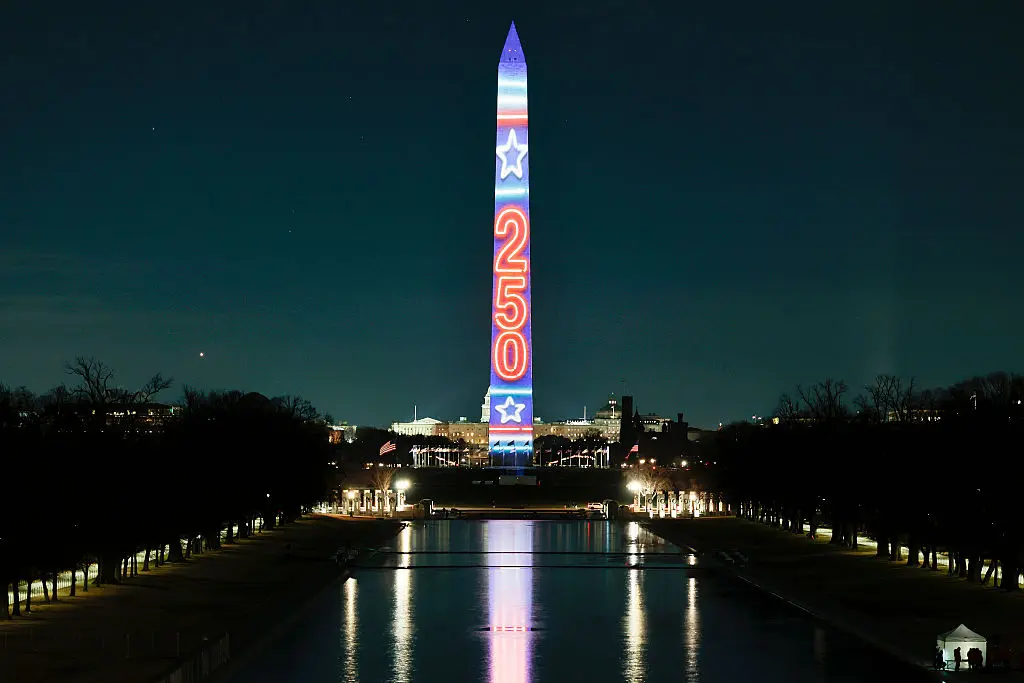NEW JERSEY–NJ Transit CEO Kris Kolluri and New Jersey Gov. Phil Murphy said negotiations with the Brotherhood of Locomotive Engineers and Trainmen (BLET) are 95 percent done.
The BLET’s engineer strike that started at 12 a.m. on May 16 is crippling the NJ Transit (NJT) railway system, which serves 350,000 people daily, many of whom are commuting to and from New York City.





